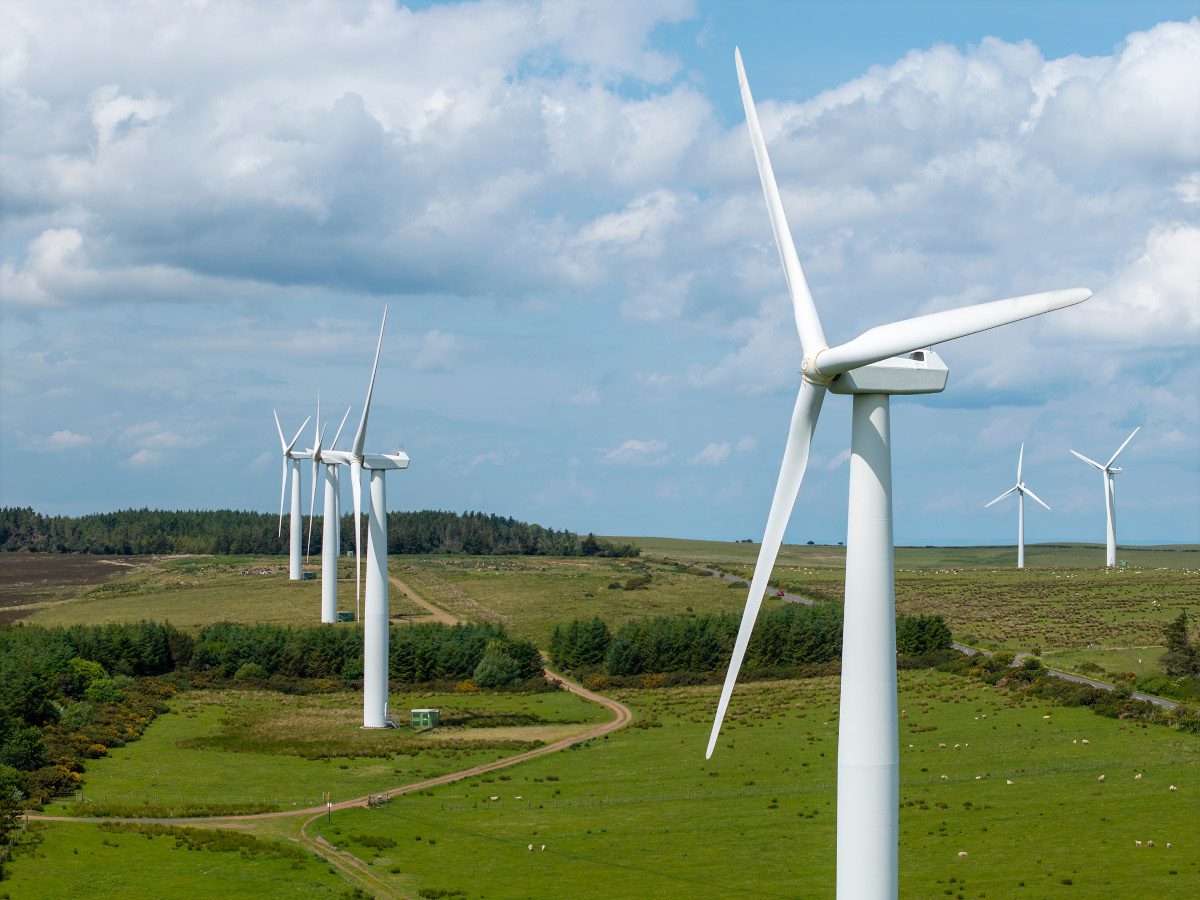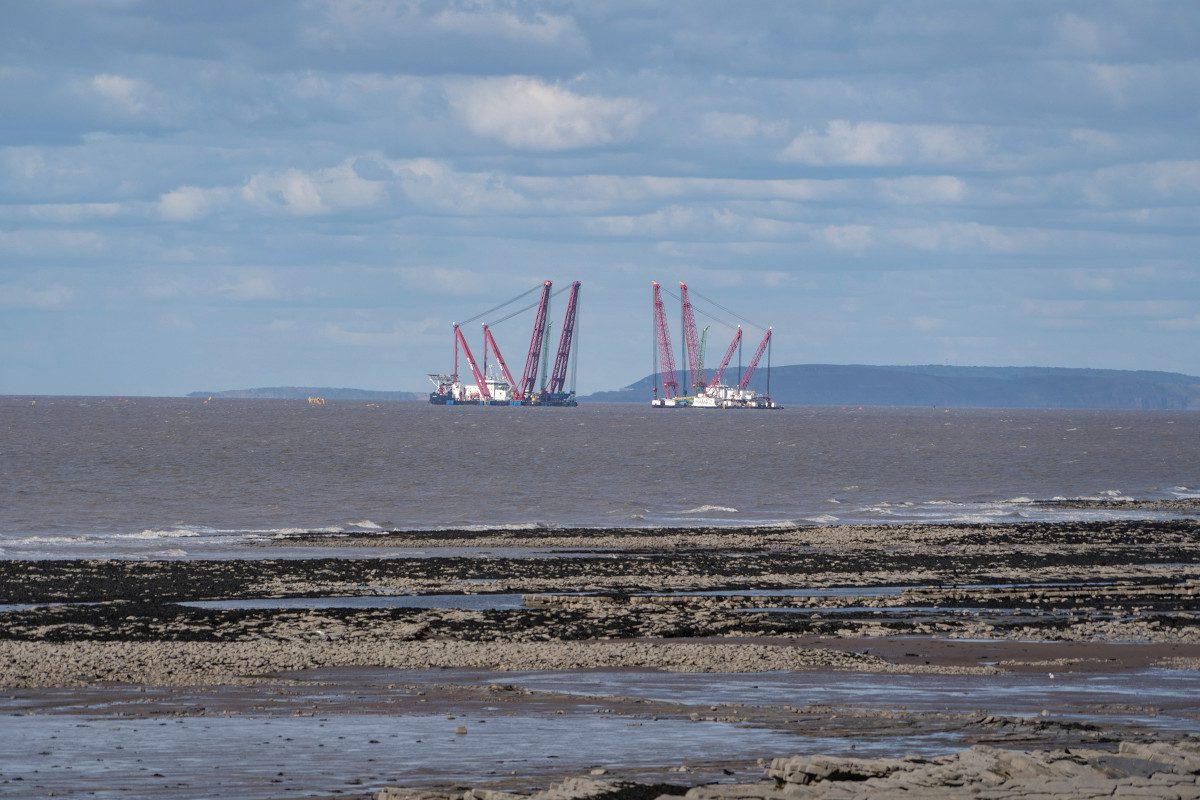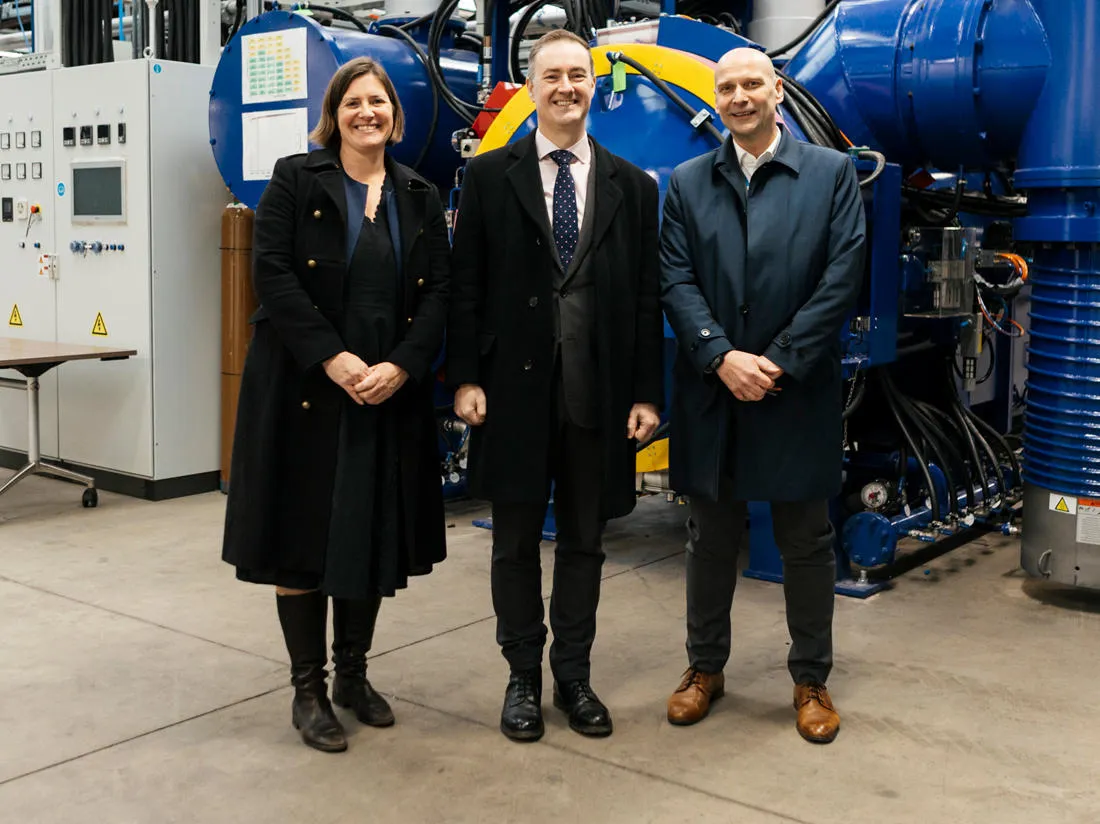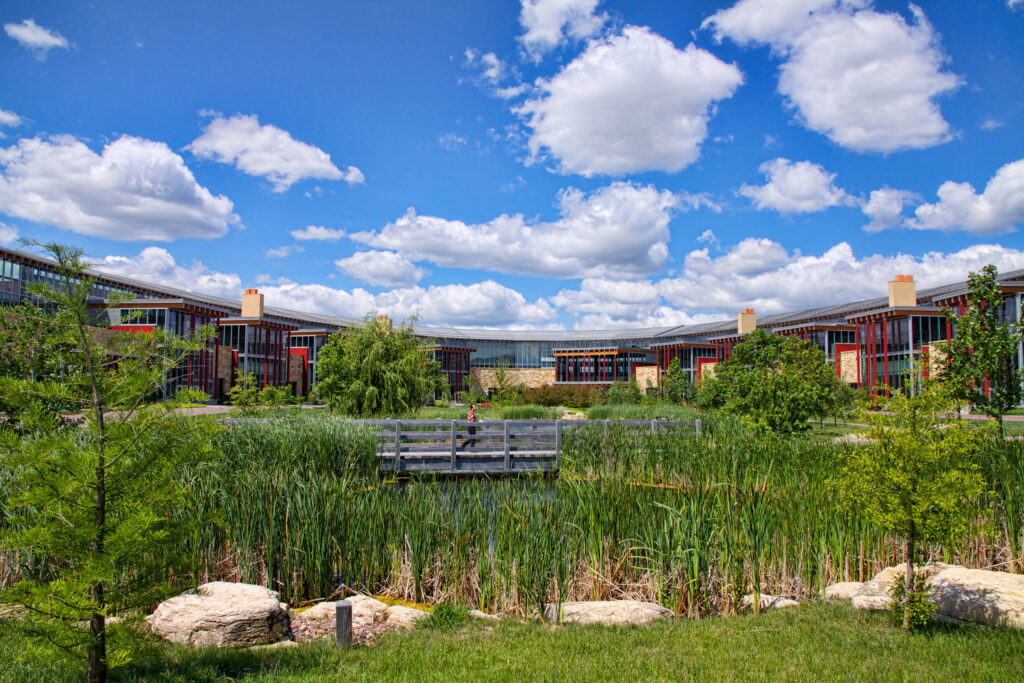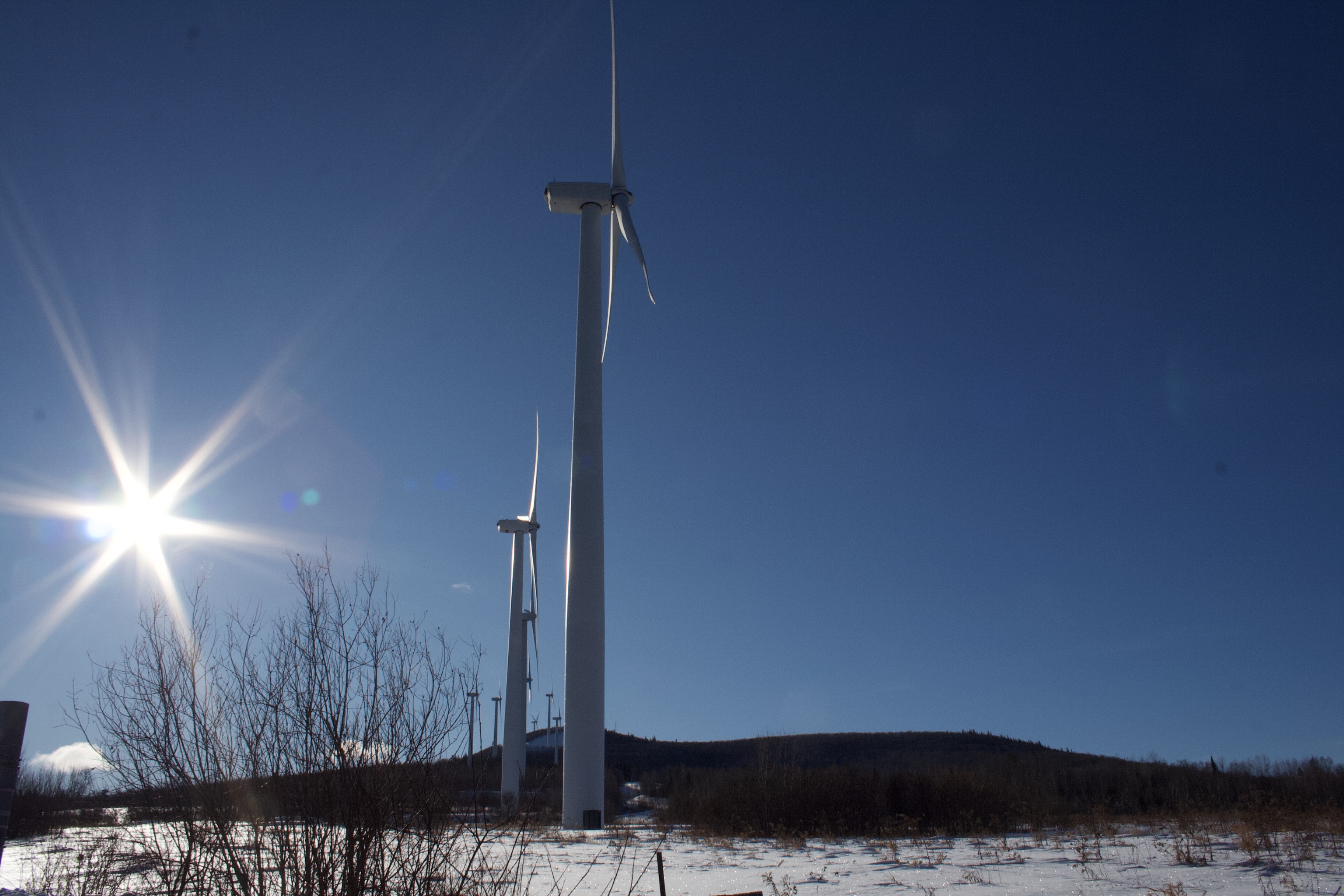Experts from the water, infrastructure and environmental sectors appeared to welcome the UK Government’s new standards for the design, maintenance and operation of sustainable drainage systems (SuDS), published on 19 June.
With a declared ambition to build 1.5 million homes sustainably, without delaying the planning process, the government is presenting the updated standards – the first such update in a decade – as a key ingredient of this aspiration.
Alastair Chilsholm, Director of Policy at Chartered Institution of Water and Environmental Management (CIWEM), saw the new National Standards as “a necessary upgrade on the previous utterly inadequate Non-Statutory Technical Standards” .
Defra was assisted in their creation by Susdrain, a group representing SuDS practitioners, which welcomed the launch.
“They are essential for the delivery of sound SuDS as a key adaptation measure for increased flood risks arising from climate change”, said a spokesperson, who said the update will also “help deliver the government’s housing growth agenda through attractive places with enhanced biodiversity”.
“A positive progression from previous standards, we are eager to incorporate them into CIRIA’s industry leading good practice guidance to facilitate scaling and multi-benefits from SuDS solutions.”
Key features of the new standards include:
- Reducing flood risk by actively managing surface water on site
- Improving water quality before it enters rivers and streams
- Provide community benefits by creating more attractive and resilient places to live and work
- Prioritising solutions that enhance biodiversity and green space
- Encouraging water efficiency, by enabling the reuse of rainwater through harvesting and collection systems
Better managing rainwater
The updated framework aims to give developers clearer guidance on how to create rainwater management systems that mimic the natural environment and deliver better outcomes.
Matt Wheeldon, Infrastructure Development Director at Wessex Water said the revised guidance restated “the Government’s two great principles of good rainwater management”, namely that rain should be captured and reused, and that it “should be returned to the environment as close to where it landed in the first place”.
Features suggested by this latest guidance include spaces designed to collect and filter rainwater, which will relieve pressure on sewage systems and prevent pollution entering waterways. And impermeable surfaces such as roads and pavements, which increase the risk of flooding in heavy rainfall, could be supplanted by materials designed to soak up water, and in the process, new developments will be better protected against flooding.
The revised requirements will also encourage design features like green roofs and soakaways, which score points on both supporting biodiversity and improving the energy efficiency of buildings.
“The next step is to support these standards with policy changes that enable the delivery of rainwater reuse and sustainable drainage,” said Matt Wheeldon. “This will lead to greater resilience as our weather becomes more variable and a significant carbon footprint reduction as rain becomes better managed – utilised and disposed of – near to where it lands.”
Call for mandate
While declaring a warm welcome to the new standards, The Rivers Trust seemed underwhelmed that they have not been made mandatory for all new developments, a policy progression for which the group said it had been waiting since 2010, and seemed to be suggesting this as a fulfilment of the requirements of the Flood and Water Management Act.
As the government embarks upon an ambitious plan for growth, said the group, these should be applied across the board in new housing or industrial developments, retrofitted in existing ones, and as part of public maintenance work.
Mark Lloyd, Chief Executive said: “It’s really great to see these new standards published, but we now need to see developers required to implement sustainable drainage systems, as standard, on every new development. We need to build resilience to drought and floods, restore wildlife habitats and reduce the pressure on the sewerage system from surface water and these systems are a fantastic way to do all those things and more.”
Alastair Chilsholm of CIWEM looked forward to a time when such measures “cease to be considered ‘SuDS’ and just become the way we deliver drainage as standard, as part of climate resilient developments.”
He added: “We look forward to supporting government, planners and developers in mainstreaming this crucial approach.”




